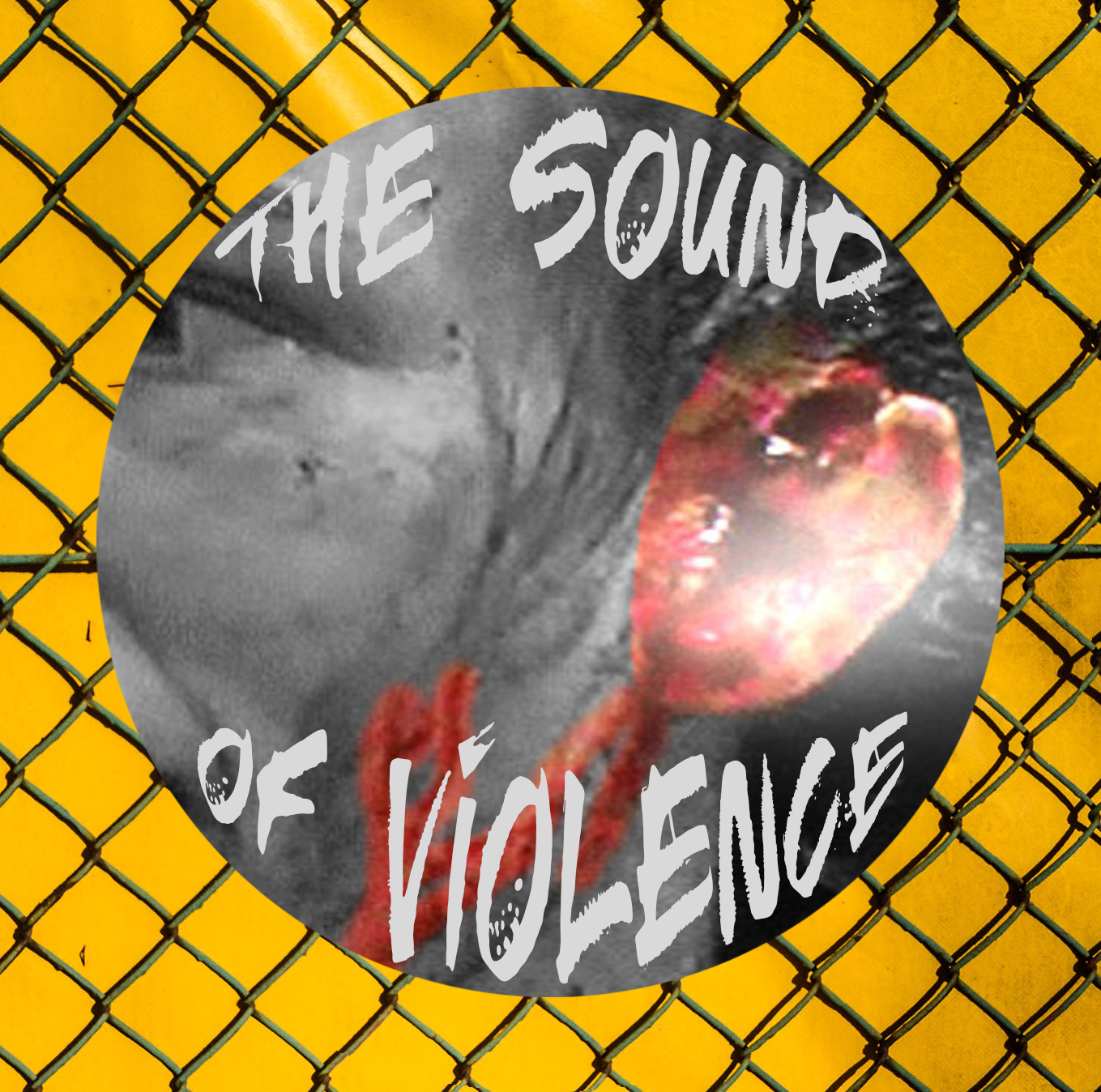by Chris Madaffer
The UFC in 2019 is branding itself as being in a new era. An era where current title-holders forgo waiting contenders to instead to shed their skin or fatten themselves at an opportunity to be called ‘champ champ.’
Last weekend in Brooklyn, current bantamweight champion T.J. Dillashaw attempted to become the fourth ever champion to simultaneously hold a belt in two different weight classes. Though his confidence and preparation led him to successfully make championship weight, his game plan hit a wall as Henry Cejudo finished Dillashaw via strikes, thirty-two seconds into the first round to retain his flyweight belt.
So one might be thinking, what’s the hype about champions vying to be seen as a belt collector? We’ve witnessed Conor McGregor, Daniel Cormier, and Amanda Nunes become the only simultaneous champions the organization has seen. Regardless if it were for money, glory or whatever reason these fighters had, the one thing the double champs had in common was winning a belt after going up a weight class.
Is this to say Dillashaw’s failure to meet expectations is because of the weight cut affecting his body, possibly? However, I believe it’s a combination of swimming in unfamiliar waters in that fans and critics expected a performance from Dillashaw based on his past accolades. Ultimately, we were met with a talented fighter whose unfamiliarity and untested form at a new weight class, led to a disappointing showing.
While Dillashaw’s loss won’t discredit an incredible performance from Cejudo, it does form questions surrounding concern for extreme weight-cutting as well as creating a sense of doubt for any current champions to make a run at an additional belt. Before the flyweight bout between Cejudo and Dillashaw even heard the starting horn ring, Dillashaw had his sights set on making a challenge to featherweight champion Max Holloway.
Hearing ideas such as Dillashaw dreaming of becoming a triple champ devalues the initial prestige of being a “double champ,” because it puts weight classes on hold in both directions. While Dillashaw has been an active champion at his weight class, the only challengers or champions at bantamweight in the past three years have been T.J. Dillashaw, Cody Garbrandt, Dominick Cruz and Urijah Faber.
Dana White loves promoting the idea of a ‘super fight’ and the possibility of Dillashaw avenging his loss to Cejudo at bantamweight is counterintuitive. It’s an exciting rematch because we know what to expect from Dillashaw at his weight class however, the fight denies new contenders like Raphael Assuncao and Marlon Moraes an opportunity to fight for the title.
With the flyweight division hanging in the balance of White’s short tempered expectations of what can be a brand, other weight classes such as the women’s featherweight division have essentially been comprised of a small number of fighters who are unwilling to commit to staying at the weight and a new champion in Amanda Nunes who already plans on vacating her featherweight belt because she can’t fit into her favorite pair of jeans anymore.
The UFC already has a circus looming with the Nevada State Athletic Commission suspending and fining company darlings Khabib Nurmagomedov and Conor McGregor for their roles in a postfight brawl at UFC 229.
Regardless of what punishment will be handed to each fighter, this drama as well the controversy surrounding Jon Jones’s positive test results for a steroid metabolite, is a speed bump for the UFC in the first month of the year.
Super fights aren’t good for the sport right now but, they’re what’s keeping a loose band-aid from peeling off a wound White is tired of patching up.
